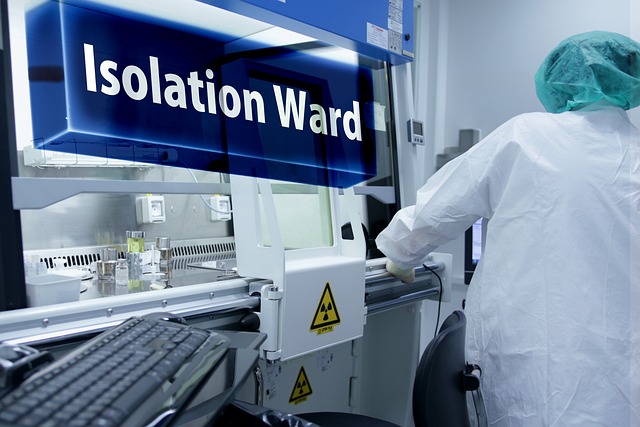 What is the best test for detecting dementia?
What is the best test for detecting dementia?
What is the best test for detecting dementia?
Dementia is a progressive disease that affects cognitive function, memory, and behavior. Detecting dementia early is critical for effective treatment and planning treatment. Dementia testing can help individuals and families understand the severity of the disease and determine the appropriate measures to ensure quality of life. In this article, we will learn about the best tests for detecting dementia and how dementia insurance provides financial support during the course of a disease.
A cognitive screening test.
Cognitive screening tests are commonly used to identify possible cognitive impairments, including dementia. These tests are often performed by medical professionals and can quickly evaluate an individual’s cognitive abilities. Examples of cognitive screening tests include the Mini Mental Health Test (MMSE) and the Montreal Cognitive Assessment (MoCA). These tests evaluate memory, language skills, visual space skills, and executive function.
Neuropsychological assessment.
Comprehensive neuropsychological assessments may be recommended if cognitive screening tests confirm potential dementia. This type of assessment further investigates the different cognitive domains. It involves a series of tests that assess memory, attention, language, problem solving, and other cognitive abilities. Neuropsychological assessments can help to understand an individual’s cognitive function more comprehensively and diagnose several types of dementia.
Brain imaging.
Brain imaging techniques such as magnetic resonance imaging (MRI) and positron emission tomography (PET) can help detect structural and functional changes in the brain associated with dementia. These tests can indicate abnormalities such as contraction of brain tissue or the presence of beta-amyloid plaques, which are characteristic of diseases such as Alzheimer’s. Brain imaging can help confirm diagnosis and rule out other diseases that can cause symptoms such as dementia.
Cerebrospinal fluid analysis.
Cerebrospinal fluid (CSF) analysis involves examining samples of fluid surrounding the brain and spinal cord. This test can help detect specific proteins, such as tau and beta-amyloid, biomarkers associated with Alzheimer’s disease. CSF analysis is invasive and usually provided for research and specialized medical centers, but can provide valuable insight into the presence and progression of dementia.
A genetic test.
Genetic testing can identify specific genetic mutations associated with familial dementia or early-onset dementia. While genetic testing can never absolutely determine the risk of developing dementia, it can provide information about gene sensitivity. This type of testing is often used if you have a family history of dementia or if you have symptoms at a young age.